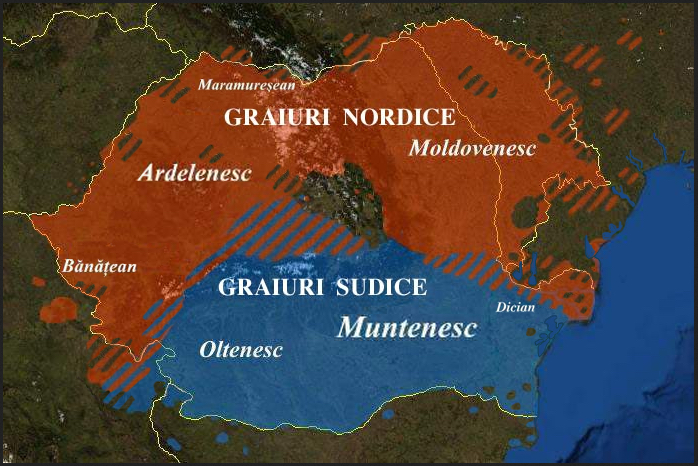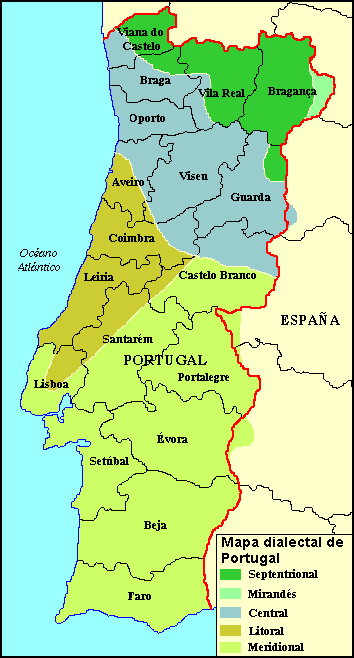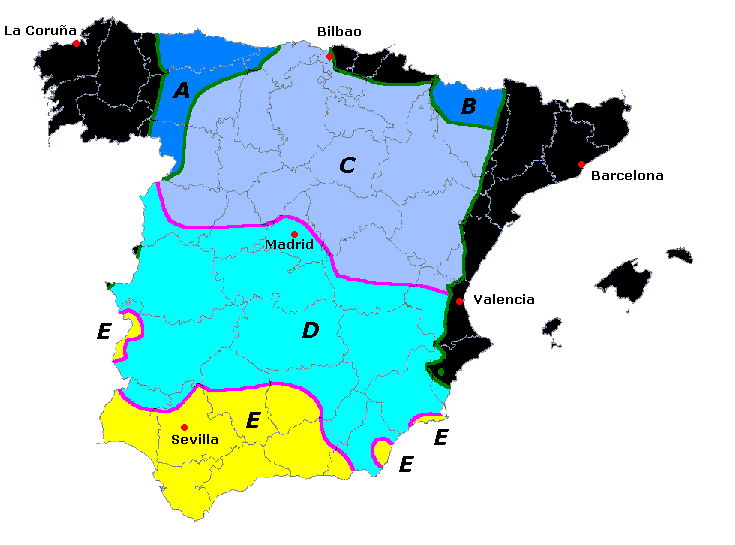Thorbal
not enough ram!
Hehe, those maps are nice
 .
. Although I would like to point out that a *lot* of these translations (even the ones for the English/American area) are plain wrong. They are more suited for entertainment, don´t take them too seriously. Most of the time the mapmaker just plainly translated without considering the meaning of the words.
Example: Brunswick, called Brown Village there. Today, it is called Braunschweig in German (Braun meaning brown in English). BUT:
the settlement was originally named Brunswik, which means something completely different. To quote Wiki:
The town's original name of Brunswik is a combination of the name Bruno and wik, a place where merchants rested and stored their goods. The town's name therefore indicates an ideal resting-place, as it lay by a ford across the Oker River. Documents from the St. Magni Church from 1031 give the city's name as Brunesguik. Another explanation of the city's name is that it comes from Brand, or burning, indicating a place which developed after the landscape was cleared through burning.
So it has nothing to do with "brown" at all!
Did not want to spoil the fun, as the maps are great, just wanted to point that out.




 Silesian dialects are very strong. In addition, there is Brno with its own words and phrases derived from German, Yiddish and Italian.
Silesian dialects are very strong. In addition, there is Brno with its own words and phrases derived from German, Yiddish and Italian.









 ). It wouldn't help much in a foreign country, since I don't speak the language anyway, but it helped when I wanted to be a smartass and I read for my friends texts from the walls of medieval churches in Romania (old Slavonian characters used to represent old Romanian, or occasionally Greek).
). It wouldn't help much in a foreign country, since I don't speak the language anyway, but it helped when I wanted to be a smartass and I read for my friends texts from the walls of medieval churches in Romania (old Slavonian characters used to represent old Romanian, or occasionally Greek).